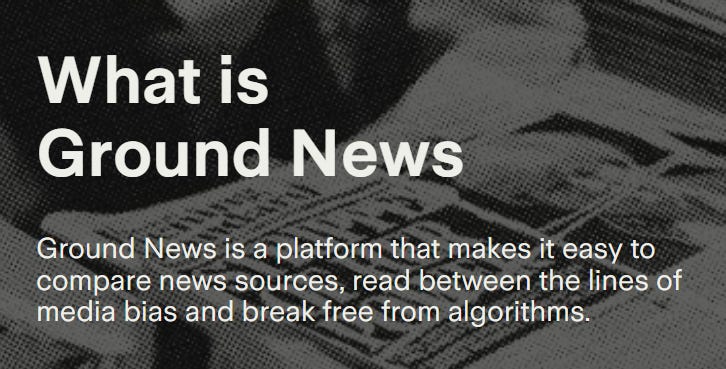It’s plausible that in certain situations we are speaking too soon and too much. This not only can lead to being negatively experienced and poorly judged, it can prevent maximum benefit and value from conversations.
I know I've judged others in an unflattering manner for that behavior and have clearly recognized that people have similarly judged me. This type of communication is of a lower-level quality, which is no one's intention, and less effective.
What if we consider W.A.I.T., which Michel Koopman, the CEO and founder at CxO Coaching and 2Swell, wrote about at Entrepreneur.com to act as a useful guide to “make every conversation more impactful.”
He Briefly Explained
“The W.A.I.T. framework — short for ‘Why Am I Talking?’ — is not about staying silent; it's about creating space for better dialogue, sharper ideas and stronger relationships.
“By learning to pause before speaking, professionals at any level — whether with colleagues, subordinates or superiors — can drive more productive conversations, ensure key voices are heard and strengthen workplace dynamics,” Koopman wrote.
What we often don’t realize, especially if we’re naturally wired to be first to talk or talk more than others, is that, “speaking more doesn't always mean communicating better,” Koopman asserted.
The reality, he added, is that “Professionals who dominate conversations risk diluting their message and stifling valuable input from others.”
Painful experiences can create illuminating but costly, painful lessons. For Koopman, that life and business lesson was that “sometimes, the most powerful move in a conversation is knowing when to stop talking.”
People who are overly quick to talk first or speak much more than may be necessary or helpful may not realize the costs of their communication approach. It’s a blind spot.
“Most people over-talk out of fear, the fear of not being perceived as competent, of silence being mistaken for ignorance, or of losing control,” says Patrice Williams Lindo, a career strategist, organizational development consultant and CEO at Career Nomad.
“And when that fear is tied to ego, over-talking becomes a protective shield. We stay blind to this communication error because it often gets misread as confidence or leadership, especially in hierarchical work cultures.
“Without honest feedback or self-reflection, it becomes habitual and normalized, even if it diminishes connection and team engagement.”
There is also, says one professional, the component of emotional intelligence.
They are “usually unaware of how it makes them appear,” says Brandon Bishop, founder at TrueEQ. “They lack a certain degree of social awareness that indicates that respectful communication is a back-and-forth experience.”
This is where the W.A.I.T. framework — "Why Am I Talking” may be a welcomed, beneficial solution.
It is “a humility-powered tool that creates room for inclusion and innovation,” Williams Lindo says. “When we pause to ask why we’re talking, we shift from broadcasting to building. This simple check-in invites others into the conversation, making space for more voices, especially those who may be marginalized.”
There is additional value, she adds.
“It also helps filter noise from value, creating a rhythm of intentional communication that boosts psychological safety and trust, two non-negotiables for effective leadership,” Williams Lindo details.
Bishop says that the process is helpful yet not a complete improvement.
“The W.A.I.T. framework is a good start to creating great dialogue but instead of just pausing, one has to learn to ask follow up questions,” he advises. “It is a wonderful way to build trust.”
There may be a gap in the status quo between what is ideal and possible in communication and speaking too soon and too much. Bridging that gap is the task.
“The bridge is intention,” Williams Lindo says. “When you lead with a clear purpose to elevate others, to understand or to collaborate, you naturally regulate when and how you speak.
“Listening becomes strategic, not passive. In my work, I call this a ‘Rebrand of Presence’ (where) you move from dominating space to co-creating it, which is far more impactful.”
That means thinking and communicating beyond ourselves.
“Most people need to develop emotional intelligence and practice applying those skills to bridge the gap,” Bishop says. “Someone has to understand and appreciate the basic human need for validation.”
This newsletter normally publishes Tuesday, Thursday and Sunday, with occasional articles on other days. To advertise, link to your business, sponsor an article or section of the newsletter or discuss your affiliate marketing program, contact CI.
Two Companies You Might Find of Value







